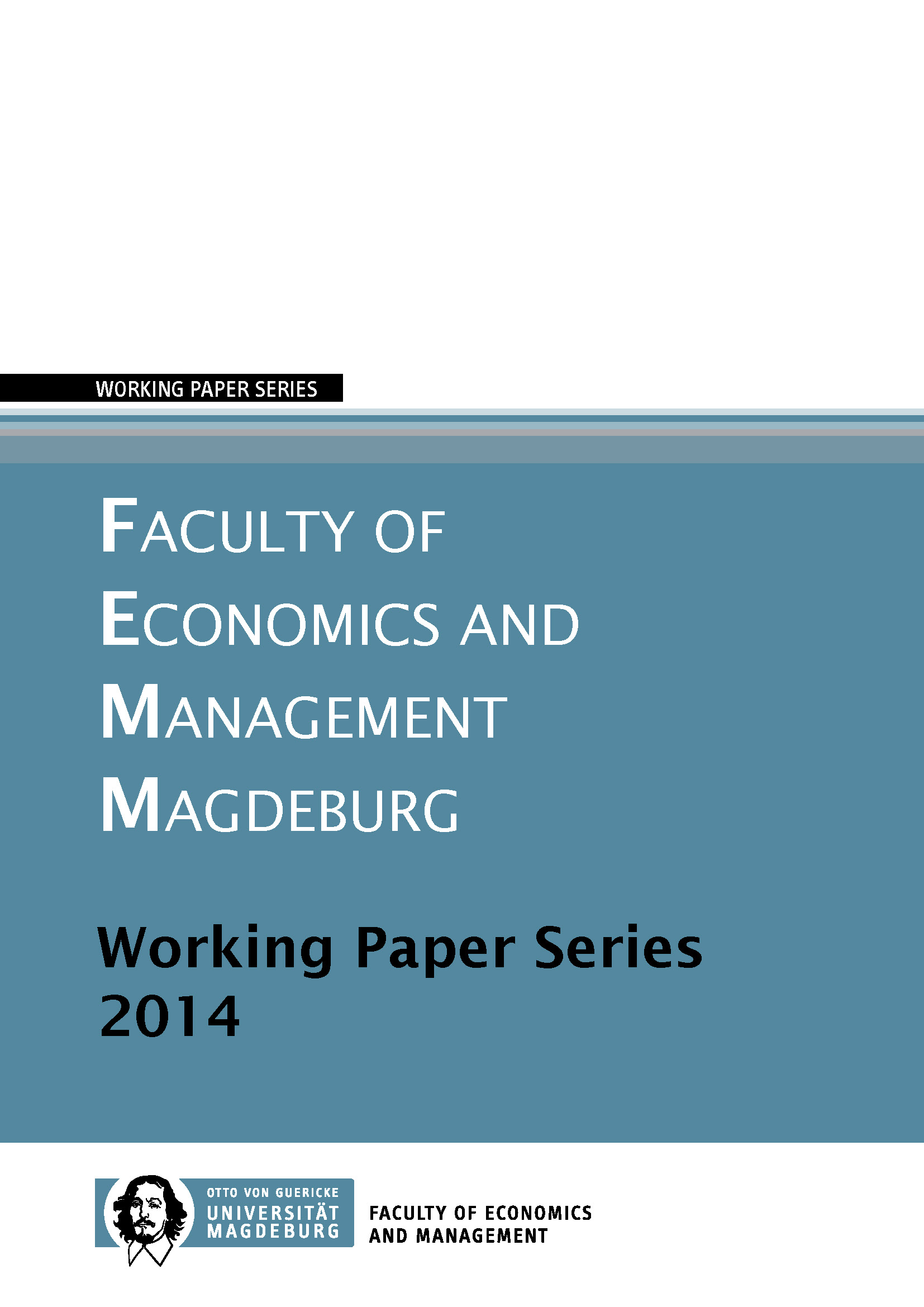The Divergent Effects of Long-Term and Short-Term Entry Investments on Home Market Cartels
DOI:
https://doi.org/10.24352/UB.OVGU-2018-519Schlagworte:
Market Entry Barriers, Mutual Forbearance, Prisoner's Dilemma, Experimental EconomicsAbstract
Positive effects of multimarket activities on cooperation between firms are widely acknowledged. We study these effects in a setting with home market asymmetries as is typical for global competition. In our multimarket duopoly experiment each firm has a home market but may also enter the other firm's market. Without entry barriers, we observe a high level of mutual forbearance with firms serving their home markets exclusively. With short-term entry barriers, the competition rates decrease significantly, as expected. Surprisingly, with long-term entry barriers, firms exhibit higher levels of competition, entering each other's market more often. We conjecture that in the latter case, bearing the cost of entry is perceived as a signal for the intention to compete and has an adverse effect on cooperation.


